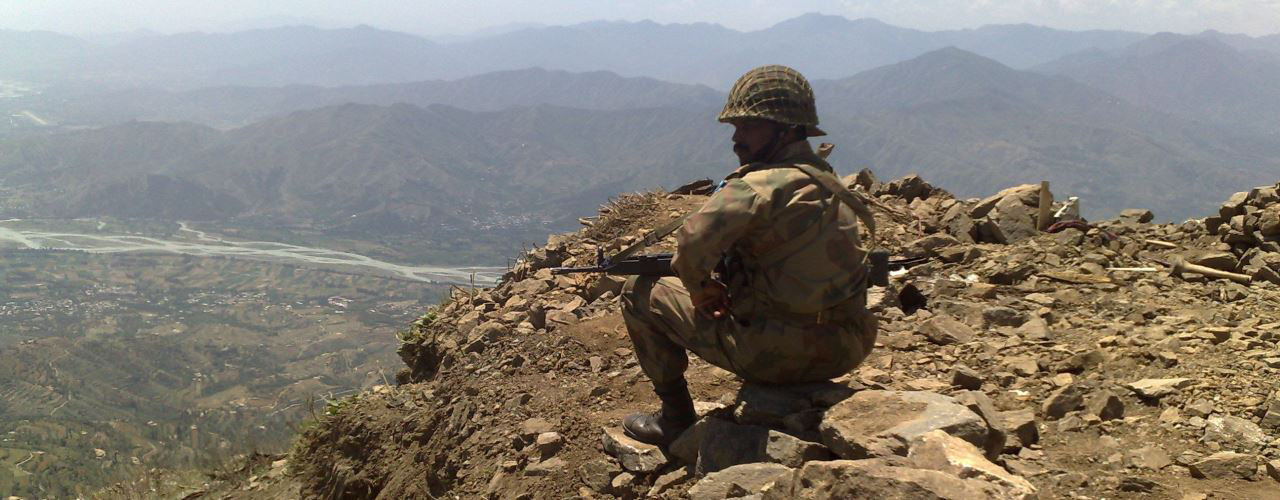A growing field of research is finding correlations and connections between climate change and outbreaks of human conflict.

A working paper by the National Bureau of Economic Research (NBER), reviewed 55 studies into climate change and cases of human conflict. The statistical analysis concluded that changes in temperatures and precipitation patterns systematically increase the risk of both inter-personal violence (murder, rape, assault) and inter-group (civil conflict, war) violence.
The work builds upon an earlier IPCC report published in 2014, which concluded that climate change provided fertile ground for violence generally, due to the increased pressure imposed on resources and society.
Further research into specific case studies also support these findings, implicating climate change among the causal factors in the war in Syria, violence against women, modern-day piracy, violence in Colombia, and contemporary conflicts throughout Africa.












